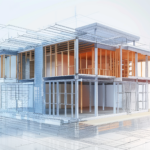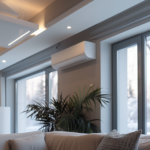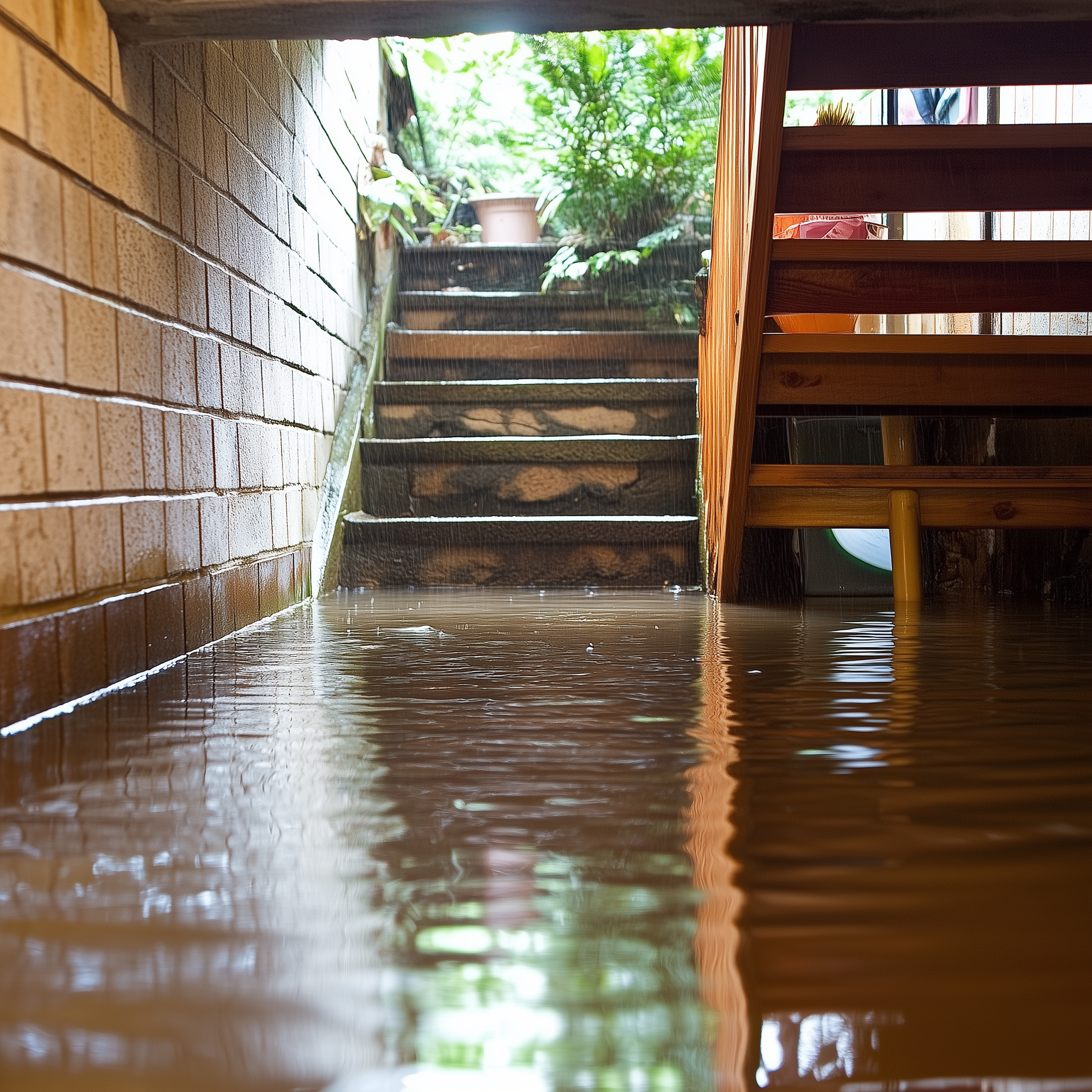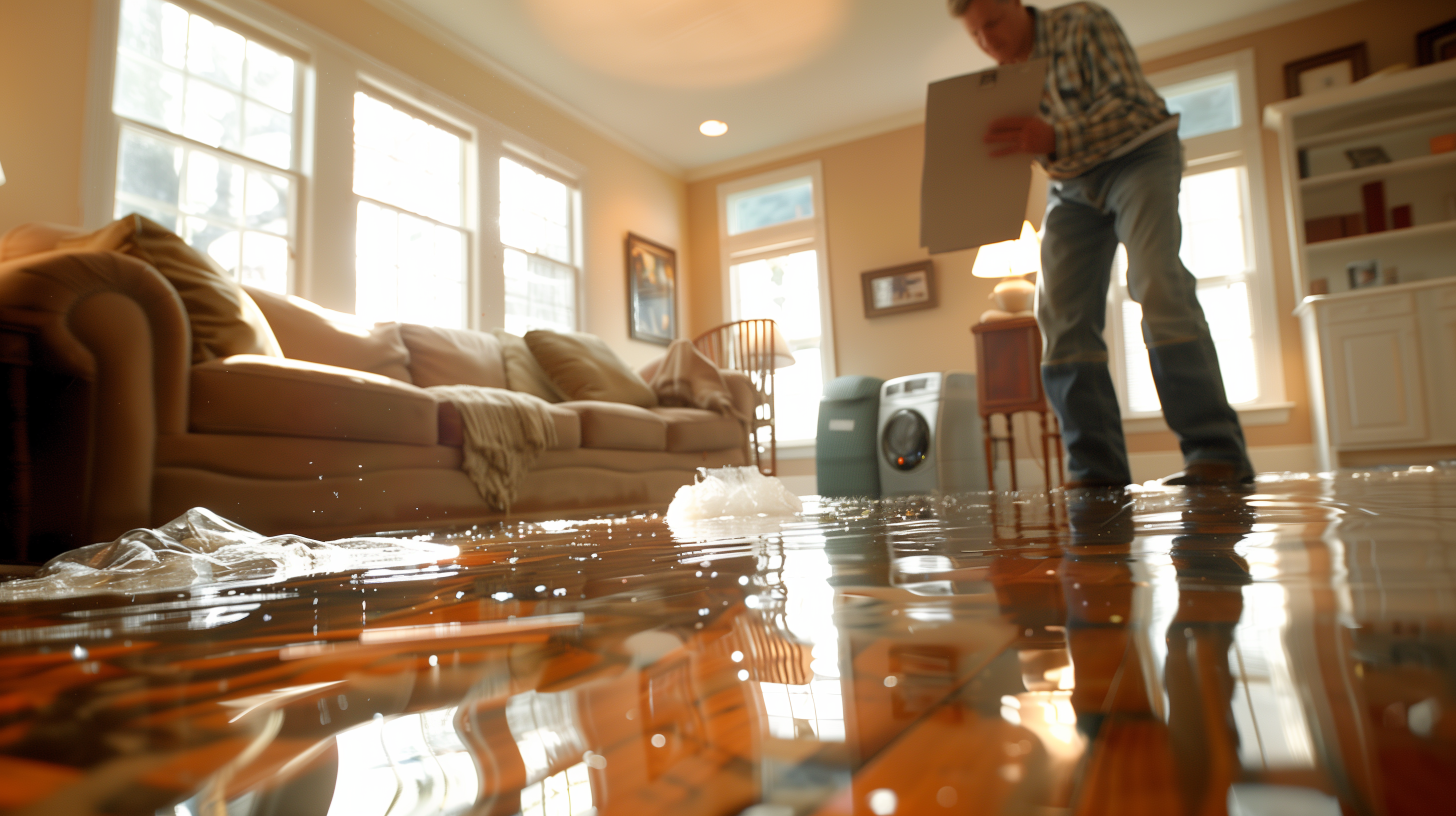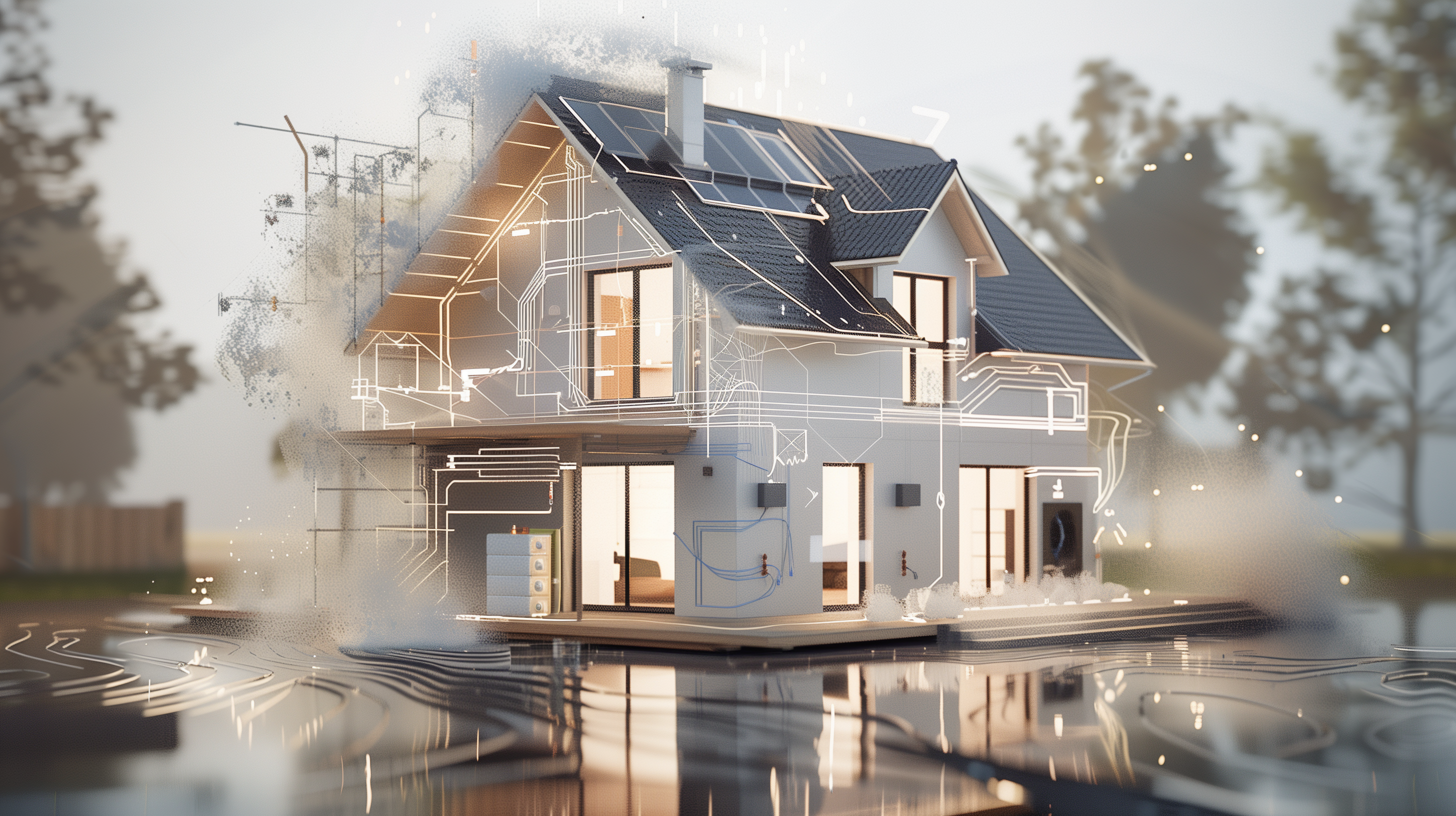How to Fix Water Leaking into Your Basement After Heavy Rain
Water leaking into your basement after heavy rain can be a nightmare for homeowners. Not only can it cause costly damage to your home, but it can also lead to long-term problems like mold growth and foundation weakening. If you’re struggling with water seeping into your basement after storms, you’re not alone—this is a common issue, especially in areas with heavy rainfall like Illinois and the greater Chicago area.
In this blog, we’ll cover the most common causes of basement leaks, effective solutions to prevent future flooding, and steps you can take to safeguard your home from water damage.
Common Causes of Water Leaking into the Basement After Heavy Rain
Heavy rain can overwhelm your home’s drainage systems and result in water entering your basement. Some of the most common causes include:
1. Poor Exterior Drainage
When rainwater isn’t properly directed away from your home, it can pool near the foundation and eventually find its way inside through cracks or gaps. Improperly graded yards, clogged gutters, and short downspouts are all common culprits.
- Solution: Ensure that your gutters are clean, downspouts extend at least 5-10 feet away from the house, and your yard is properly graded to direct water away from the foundation.
2. Foundation Cracks
Over time, small cracks can develop in your foundation, allowing water to seep into your basement during heavy rain. These cracks can be caused by natural settling, hydrostatic pressure, or poor construction practices.
- Solution: Seal foundation cracks with waterproof sealant or hire a professional to apply epoxy injections or polyurethane foam to seal larger gaps.
3. Sump Pump Failure
A sump pump is designed to remove excess water from your basement, but if it fails during a rainstorm—due to a power outage, mechanical issues, or improper installation—water can quickly back up and flood the basement.
- Solution: Regularly test your sump pump and consider installing a backup battery system to keep it functioning during power outages. If your sump pump is outdated, consider upgrading to a more efficient model.
4. Clogged or Broken Drain Tile System
Homes with drain tile systems around the foundation rely on these pipes to carry water away from the basement. If the system is clogged with debris or damaged, water can back up and leak into the basement.
- Solution: Have your drain tile system inspected and cleaned by a professional if you suspect it’s clogged or damaged.
5. Window Well Leaks
Basement windows are particularly vulnerable to leaks, especially if the window wells aren’t properly installed or don’t have drainage systems. Water can collect in the wells and seep through the windows during heavy rain.
- Solution: Install window well covers and ensure the wells have proper drainage systems to prevent water from pooling near basement windows.
How to Prevent Water Leaks in Your Basement
Preventing water from leaking into your basement starts with taking proactive steps to safeguard your home. Here are several effective strategies to protect your basement from rainwater damage:
1. Improve Exterior Drainage
Ensure that your home has a solid drainage system to direct rainwater away from your foundation. This includes:
- Installing gutters and downspouts that lead water at least 5-10 feet away from the house.
- Properly grading your yard so that it slopes away from the foundation.
- Installing a French drain system to capture and redirect water from the foundation.
2. Waterproof Your Basement
Waterproofing your basement is one of the best ways to prevent leaks and flooding. There are several methods of basement waterproofing:
- Interior Waterproofing: Involves applying sealants and waterproof coatings to the walls and floors of the basement to prevent moisture infiltration.
- Exterior Waterproofing: Involves excavating around the foundation and applying a waterproof membrane to the exterior walls, as well as installing drainage systems like French drains to keep water away.
- Sump Pump Installation: Installing or upgrading your sump pump to ensure it can handle heavy rainstorms and keep your basement dry.
3. Repair Foundation Cracks
Regularly inspect your foundation for cracks and address any issues immediately. Small cracks can often be sealed with a waterproof compound, but larger or more serious cracks may require professional intervention, such as epoxy injections or foundation repair services.
4. Install a Backup Sump Pump
If your home relies on a sump pump, installing a backup pump with a battery-powered system can save you from a flooded basement during power outages. Ensure that the backup pump is properly maintained and tested regularly.
5. Install Window Well Covers
Prevent leaks from basement windows by installing window well covers. These covers prevent rainwater from collecting in window wells and seeping into the basement. Choose durable, clear covers to let in natural light while keeping water out.
Why You Should Address Basement Leaks Immediately
Ignoring basement leaks can lead to significant damage over time, such as:
- Mold Growth: Mold thrives in damp environments and can pose health risks, including respiratory problems and allergies. Mold remediation is often costly, so preventing water infiltration is key to avoiding these issues.
- Structural Damage: Water can weaken your home’s foundation and walls, leading to costly repairs. Addressing leaks early prevents water from causing structural issues.
- Increased Repair Costs: The longer you wait to address a basement leak, the more expensive it will be to fix. Minor repairs can quickly turn into major restoration projects if water damage is allowed to persist.
Building Code Compliance for Basement Waterproofing
In Illinois and other areas, basement waterproofing and repairs must comply with local building codes, such as the International Residential Code (IRC). It’s crucial to hire licensed contractors who understand local building codes and ensure that any repairs or waterproofing measures meet these standards.
Working with professionals familiar with Illinois building regulations ensures that your home remains safe, structurally sound, and compliant with all applicable codes.
Conclusion
Water leaking into your basement after heavy rain is a serious issue that requires immediate attention. By understanding the common causes of basement leaks and implementing proactive solutions like improving drainage, waterproofing your basement, and maintaining your sump pump, you can prevent future water damage and protect your home.
For expert basement waterproofing, foundation repair, and water damage restoration services, contact Allied Emergency Services, INC. We specialize in helping homeowners safeguard their properties from leaks, floods, and water damage.
Contact Information:
Phone: 1-800-792-0212
Email: Info@AlliedEmergencyServices.com
Location: Serving Illinois, Wisconsin, and Indiana with a focus on the greater Chicago area.
Disclaimer: This article is intended for informational purposes only. For professional advice, consult experts in the field.


